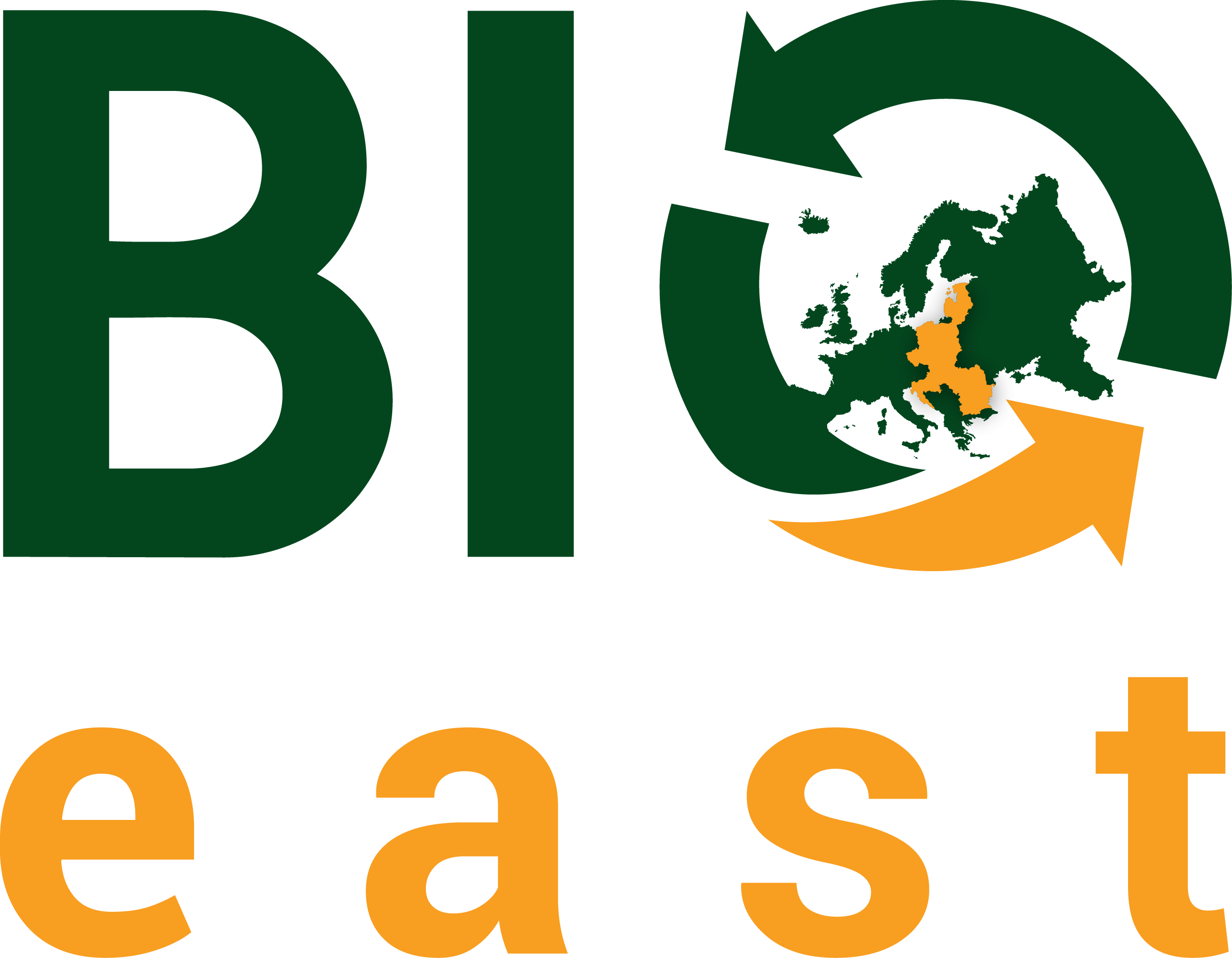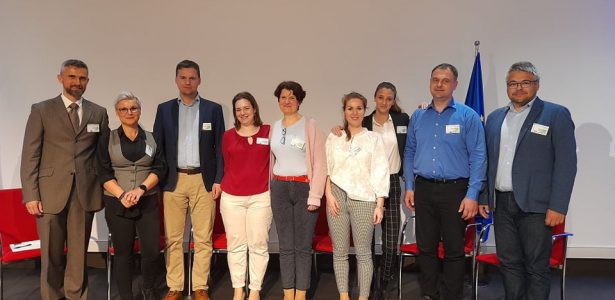The latest meeting of the seven thematic working groups of the BIOEAST Initiative (agroecology, food, forestry, bioenergy, bio-based materials, bioeconomy education, bioeconomy freshwater) took place in Ljubljana on 12-13 May, organised by the Slovenian Ministry of Agriculture.
Unfortunately, in the past two years, the representatives of the Member States of the Thematic Working Group (TWGs) have only been able to communicate with each other through online meetings, so the joint TWG meeting allowed them to strengthen personal relationships in addition to their professional work.
The first presentation of the plenary session was given by BIOEAST Secretary General Barna Kovács, who presented the future role of BIOEAST, highlighting three conceptual pillars on research agenda setting, on science-policy and on advisory. The focus was on the work of the TWGs how to contribute to the development of EU and national policies, such as the research policy specifically to Horizon Europe, Common Agricultural Policy National Strategic Plans, and Cohesion Policy at national level including Smart Specialisation Strategies. He clarified that the bi-annual Work Programme for 2023/2024 of the Horizon Europe is currently being developed, as well as the Strategic Research and Innovation Agendas underpinning the Partnerships (Agroecology, Animal Health, Agriculture of data, Sustainable food systems for people, planet, and climate), to which the TWG’s position on research directions/needs could provide significant input. Looking into the future, considering the crises behind and ahead of us Barna Kovács sees the future role of the BIOEAST Initiative in organising macro-regional “Science-Policy” consultations, where policy and research actors can issue a common position along specific themes, covering 11 member countries.
Among other things, the plenary session highlighted the three main outcomes of the BIOEASTsUP project, such as the Stakeholder Database, which is already available on the BIOEAST website. It aims to provide visibility to BIOEAST stakeholders and to strengthen cooperation and networking between them. The Bioeconomy Concept papers were also presented, providing evidence base input for the development of Bioeconomy strategies in the Member States by using the methods/results of different models. The Member States’ Bioeconomy Concept papers will be available at the end of the summer. The plenary session provided an update on the state of play of the joint BIOEAST Strategic Research and Innovation Agenda (SRIA), which feeds into the work of the thematic working groups – the second version of the joint SRIA is currently being prepared and will be validated in the autumn with the wider involvement of different stakeholder groups, possibly in three places in Warsaw, Riga, and Ljubljana.
The second day provided an opportunity for the TWGs to formulate their activities and agendas for the coming months through interactive sessions. Several working groups, such as Education and Freshwater, are currently working on identifying their thematic research and innovation needs, while other working group, like Agroecology, is consciously preparing delegates to understand the Living Lab concept and the opportunities offered by the Soil Mission and the Agroecological Partnership.


